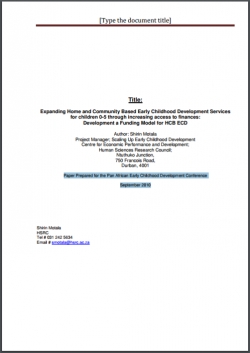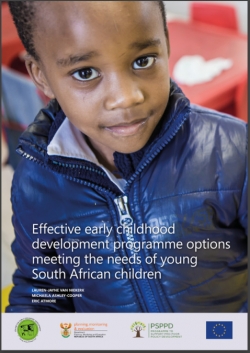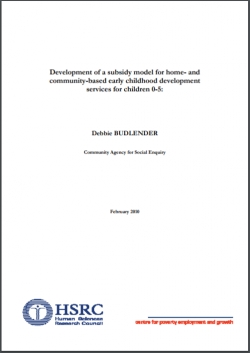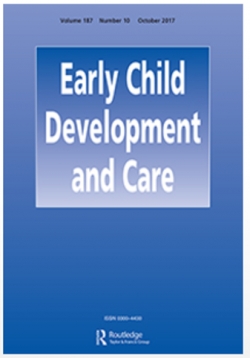In Richter, L., et al. (2012). Diagnostic review of early childhood development. Pretoria: Department of Performance, Monitoring and Evaluation & Inter-Departmental Steering Committee on Early Childhood Development Scientific evidence for the importance of early child development for human capacity, health and personal and social adjustment
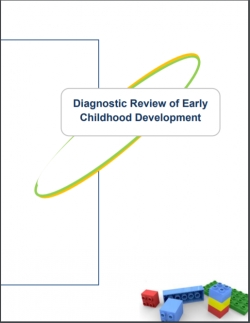
Book Stores
Type
E-Book
Authors
Category
ECCE
[ Browse Items ]
Publication Year
2012
Publisher
URL
[ private ]
Pages
14 p.
Subject
Early childhood development, Children’s health, Young children, Adverse environments, Poverty, Resilience, Interventions, South Africa
Tags
Abstract
The recommendations made in the Diagnostic Review are aligned with other major reviews of research and programmatic evidence for early child development in low- and middle-income countries. Key points include: Poor growth and exposure to adverse environmental events during foetal development and early infancy are associated with chronic diseases in adulthood; Stunted growth and low levels of home stimulation are associated with poor cognitive development, low levels of schooling and reduced adult income; Poor growth and exposure to toxic stress during foetal development and early infancy are associated with mental illness, and social and psychological adjustment in adulthood; Poverty has pervasive adverse effects on children's health development, but their impact can be attenuated by countervailing supportive factors; Resilience protects many children and helps them to recover from disadvantaged conditions. These include warm and supportive families, secure homes, and opportunities and encouragement to participate and succeed in some area of their lives; There is heightened susceptibility to insult in the early years, but remarkable recovery is possible with interventions and the earlier the intervention the greater the benefit.
Description
Chapter
Number of Copies
1
| Library | Accession No | Call No | Copy No | Edition | Location | Availability |
|---|---|---|---|---|---|---|
| Main | 66 | 1 | Yes |
